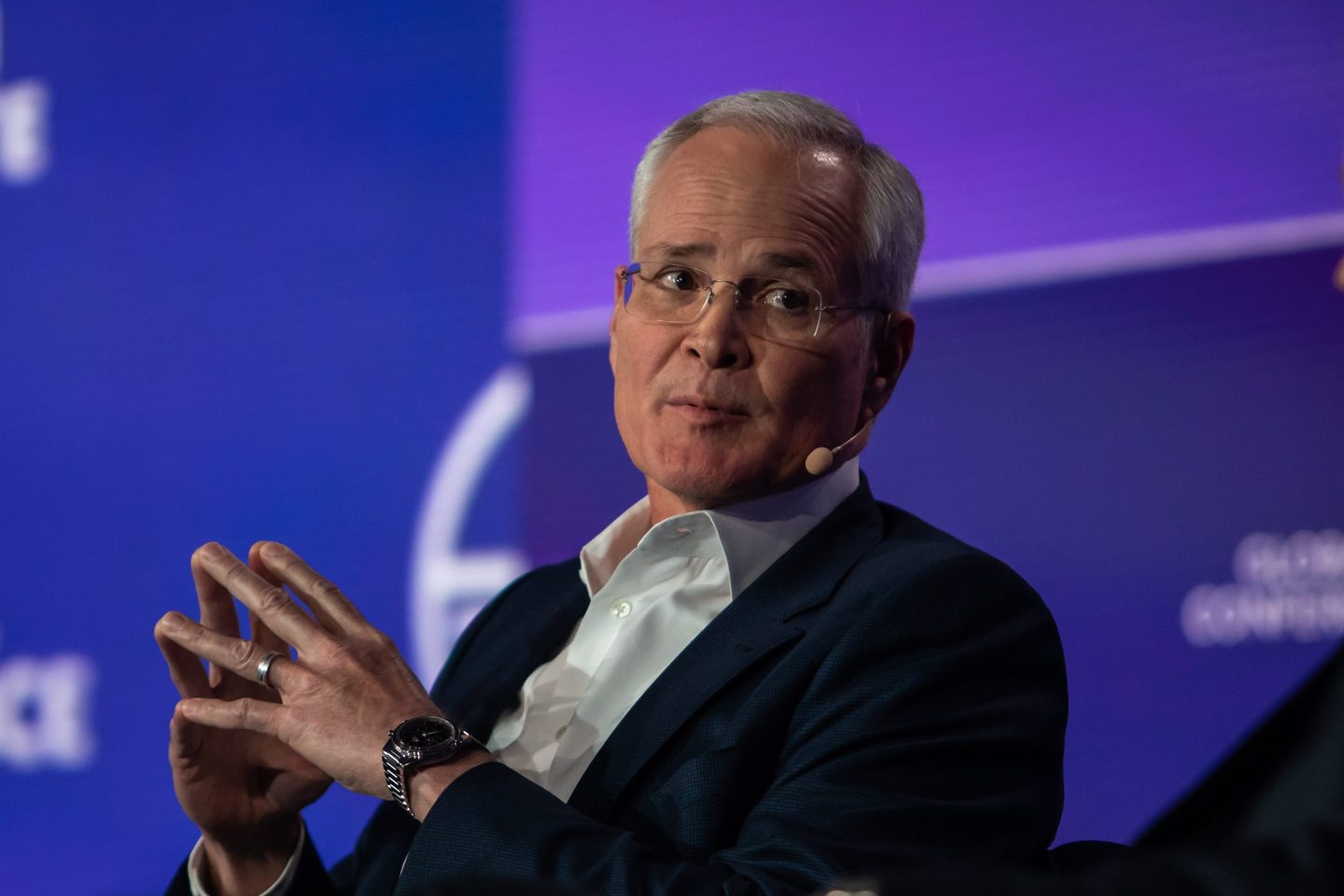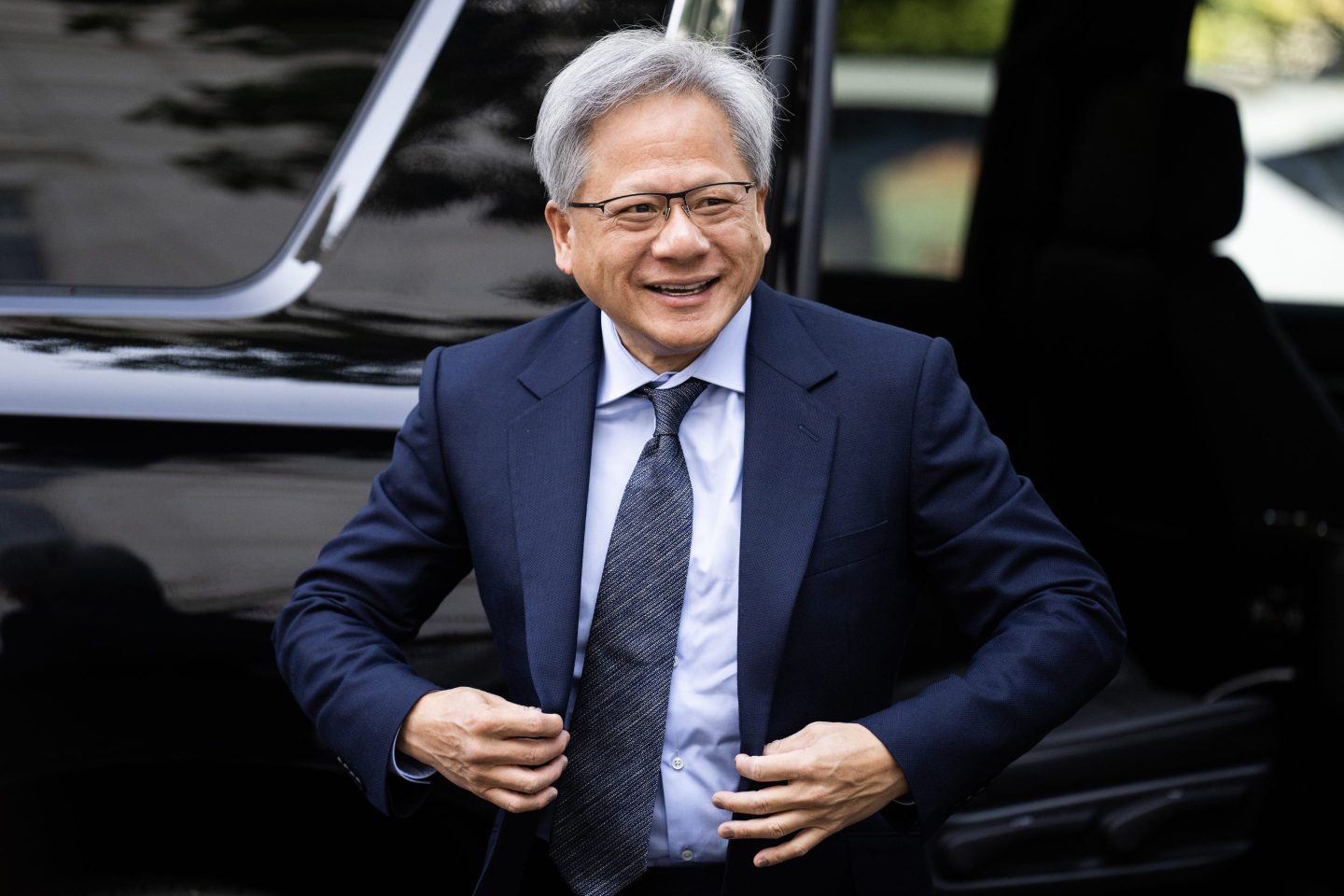It’s as bold a statement on the future of global air travel as you could wish to see.
Cheung Kong Holdings Ltd, controlled by Asia’s richest man, Hong Kong-based billionaire Li Ka-Shing, is to pay around $2 billion to build a fleet of some 60 airliners that it will lease to the continent’s up-and-coming airlines.
In a filing to the Hong Kong Stock Exchange, Cheung Kong said it will buy 45 aircraft outright and buy a 60% stake in joint venture with an arm of Japan’s Mitsubishi Corp.
The planes are being bought from a variety of sellers including General Electric Co’s (GE) GE Capital Aviation Services Ltd.
The move is a play on the long-term outlook for Chinese air passenger growth. The International Air Traffic Association expects global air passenger numbers to double within 20 years to 7.3 billion, mainly due to China, where numbers will grow by an average rate of 5.6% a year.
By the IATA’s estimate, China will overtake the U.S. as the world’s biggest air travel market by 2030, and have 1.3 billion passengers a year by 2034, ahead of the U.S.’s 1.2 billion.
Reuters reported that Cheung Kong is also in talks to buy aircraft being sold by private equity firms including Terra Firma-owned lessor AWAS Aviation Capital Ltd, in an even bigger deal worth about $5 billion.
Both Boeing Corp. (BA) and Airbus also expect rapid growth in demand from Asia over the medium term, seeing total sales over the next 20 years of between $4.4 trillion and $5.2 trillion.






